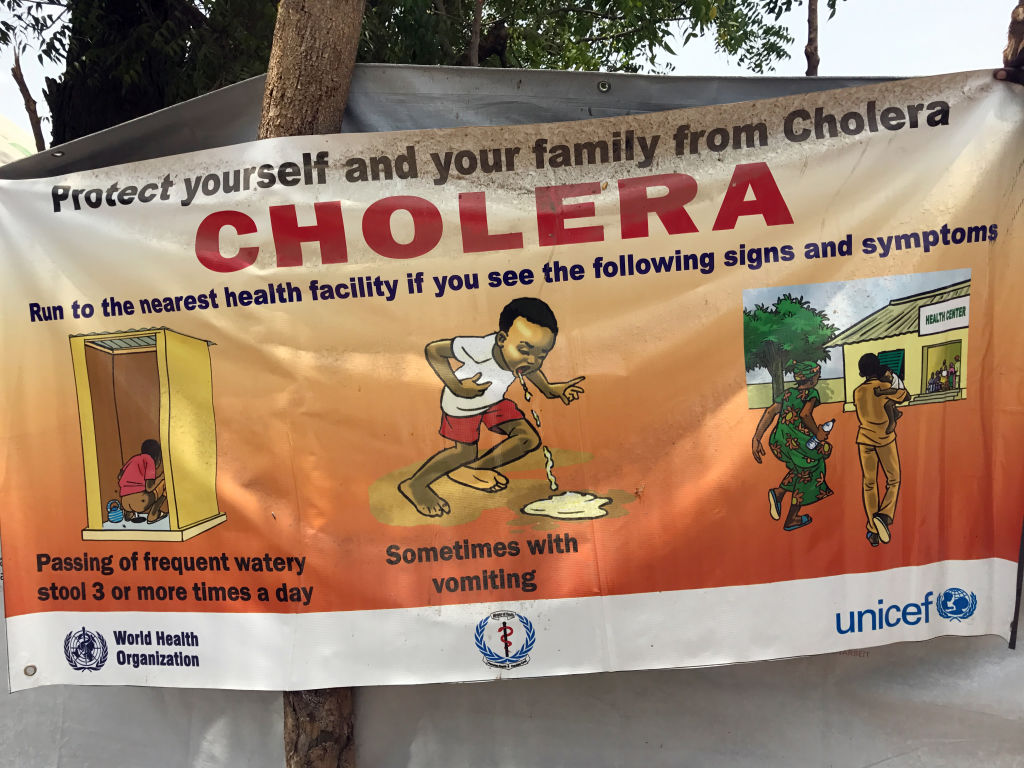
WHO, UNICEF aim to protect 1.6 million in Sudan from cholera
World Health Organization and UNICEF are collaborating with Sudanese authorities to protect more than one million people from cholera.

WHO and UNICEF will support an oral cholera vaccination campaign aimed at covering 1.6 million people in Blue Nile state and in neighboring Sinnar state.
The first round is expected to start in mid-October, targeting everyone above one year of age, including pregnant and lactating women.
215 cases of cholera have been confirmed and eight people have died since an outbreak was declared in Blue Nile state on 8 September.
“Sudan has bad health infrastructure as well as a dilapidated water and sewage system”, says WHO Spokesperson Tarik Jasarevic. “Re-occurring floods have further led to polluting water sources. All of these factors heighten the risk of cholera and other diarrheal diseases and threaten to cause a widespread if no immediate response interventions are not adopted”.
WHO, alongside UN agencies and local and international partners, also are preparing to respond to potential outbreaks in six other at-risk states in Sudan.
Some $10 million to $15 million will be needed to contain the outbreak in the coming months to address issues such as health, safe water, safe nutrition and access to quality care services, in addition to mobilizing communities and youth.
Between 2016 and 2018 nearly 37,000 cases of cholera and or Acute Watery Diarrhoea were recorded in 18 states in Sudan between August 2016 and March 2018.
Overall, 823 people died, 15 percent of whom were children under-five. The UN health agency is using lessons learned from the 2016-2018 outbreak to inform current preparedness and response measures.
 Cholera is caused by ingesting food or water contaminated with a bacterium called Vibrio cholorae, resulting in watery diarrhoea and severe dehydration.
Cholera is caused by ingesting food or water contaminated with a bacterium called Vibrio cholorae, resulting in watery diarrhoea and severe dehydration.
The disease is preventable and can be eliminated through the provision of clean water and sanitation facilities, combined with satisfactory hygiene conditions.






